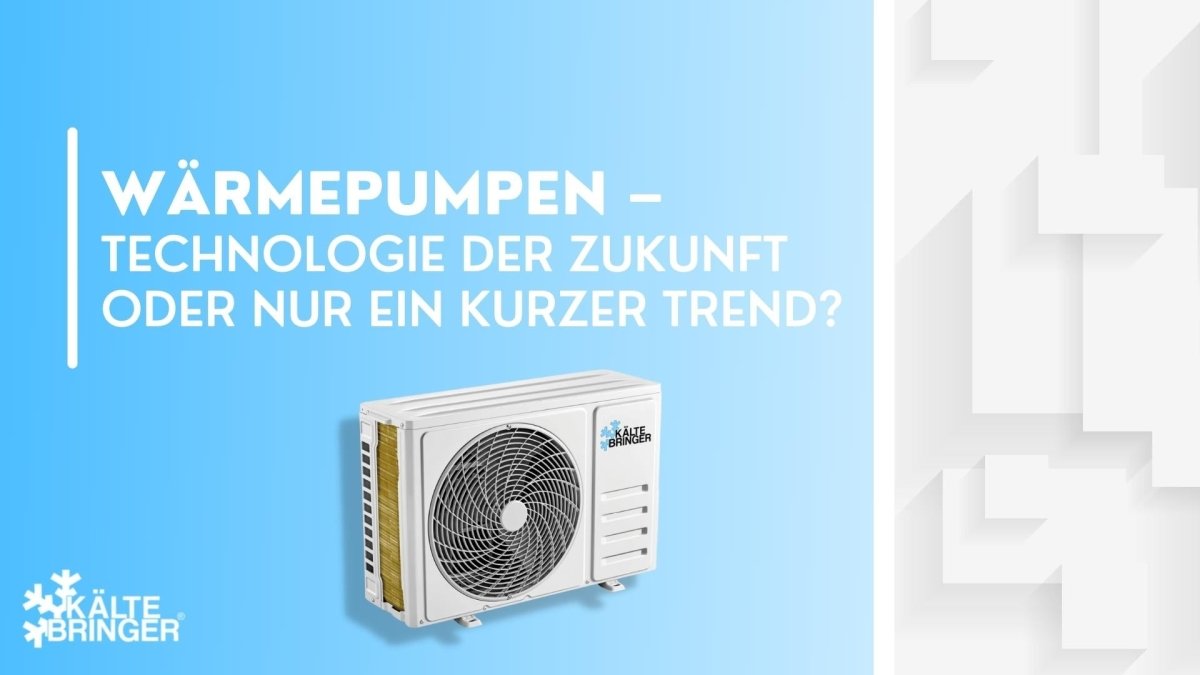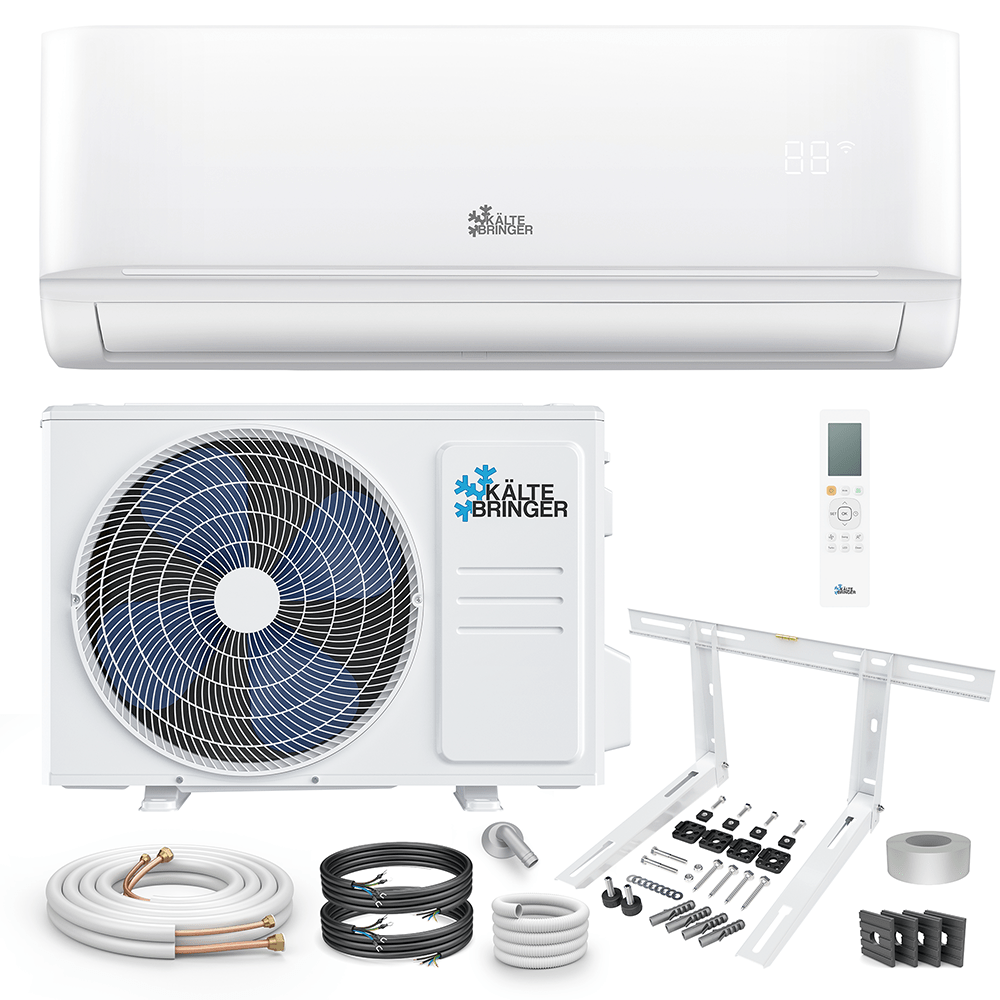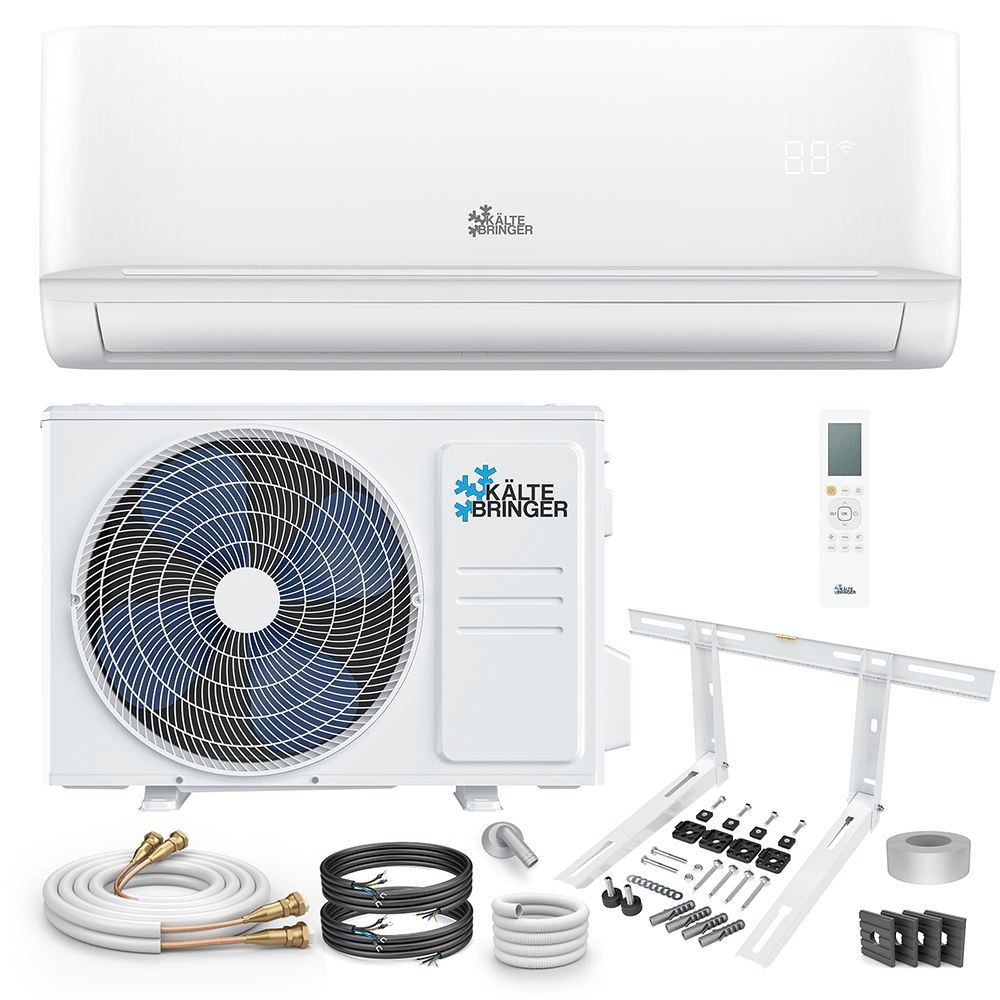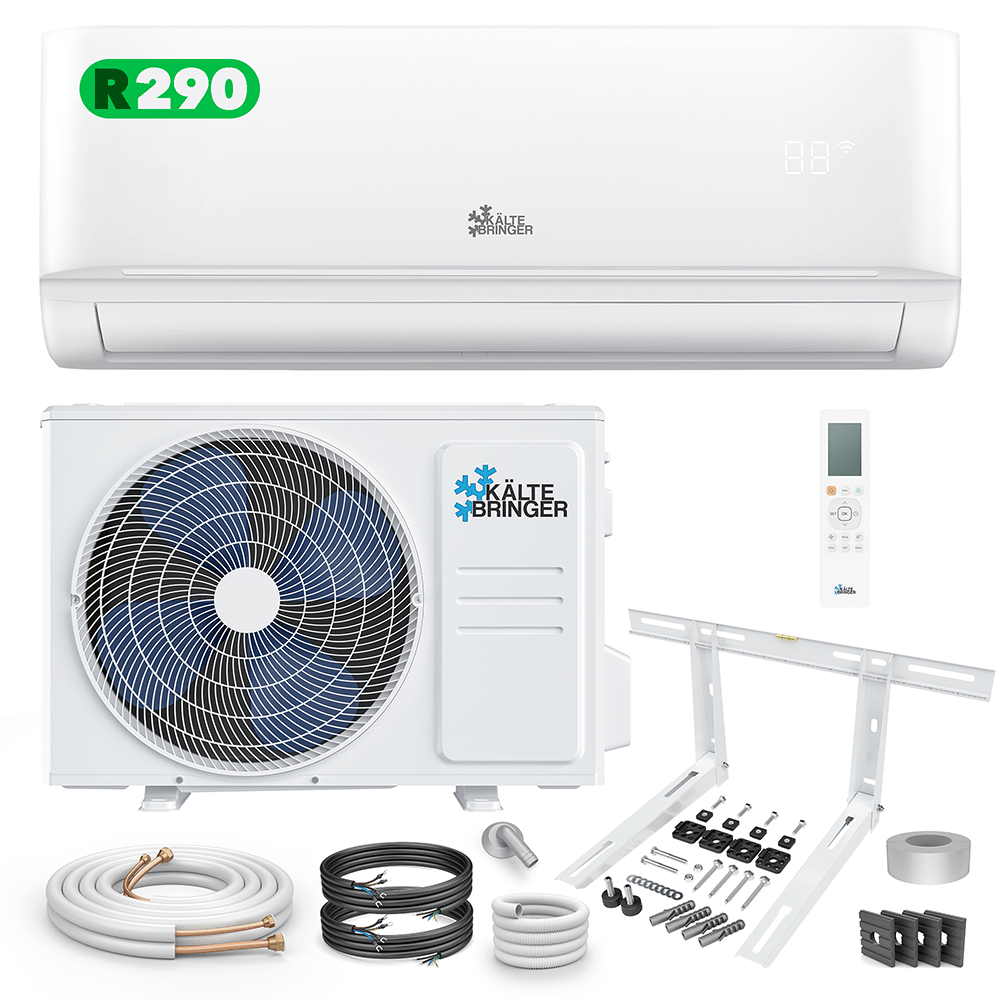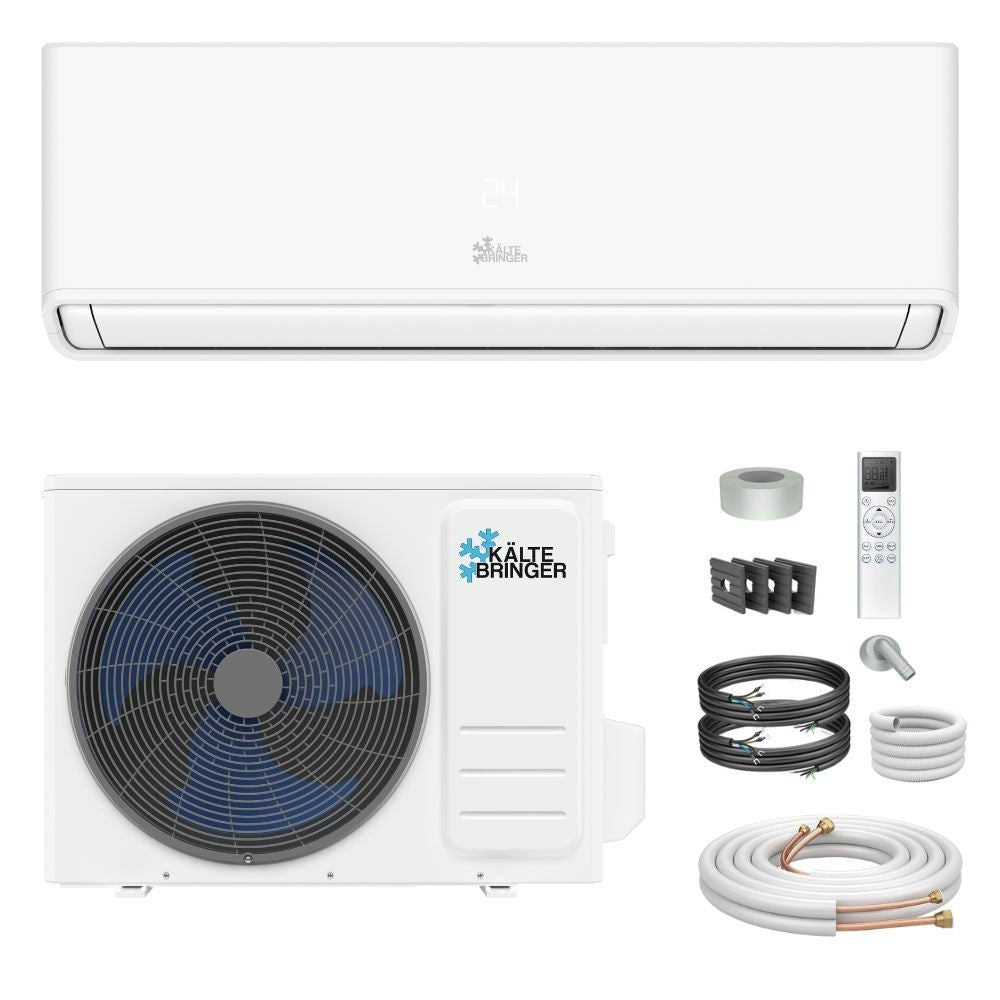Rapid cooling in summer. Pleasant warmth in winter. Depending on the model, air conditioners can bring their users a lot of comfort. But did you know that air conditioning actually has a positive effect on health that should not be underestimated? You can find out more about this in this post.
Is air conditioning bad for your health?
In fact, to this day, the air conditioner does not enjoy a good reputation when it comes to health. The devices are said to promote colds and are even real germ spinners. But is that really the case?
The fact is: germs can settle in air conditioning systems. However, if you have your air conditioning serviced and cleaned regularly, you don't have to worry.
On the subject of the common cold, anyone who sits in a drafty area risks getting sick. The same is true when using an air conditioner. If you don't expose yourself directly to the airflow, you have nothing to fear here either.
Of course, it is also important to choose a healthy and pleasant room temperature. So don't set the air conditioner too cold in summer. The strong temperature fluctuations are a real strain on the body.
In summary: If you have your air conditioner serviced regularly, do not sit directly in the cold air flow and make sure the room temperature is comfortable, the air conditioner does not increase the risk of falling ill.
Can air conditioning help my health?
If you choose a modern air conditioner and take the tips above into account, it is possible that the system will make a contribution to your health.
The secret is the controllable room climate. If you sweat in the summer and have to work at the same time, you expose your body to additional stress. With an air conditioner, however, you can contribute to a pleasant room climate, even when it is very hot, in which you can work and live as usual. And that 365 days a year. With some air conditioners - so-called split air conditioners - you can even heat.
A healthy feel-good temperature is not only a must in the home office in order to be able to perform accordingly. A healthy indoor climate is also a must for older people. The same goes for pregnant women, who are grateful for a soothing refreshment, especially in summer.
Can air conditioning help with allergies?
If you have your air conditioner serviced and cleaned regularly, you don't have to worry that the device will promote allergies. On the contrary: Modern devices can even alleviate classic allergy symptoms. How is that possible?
Some air conditioners have filters that pull allergy-causing particles out of the air. The air in the room is freed from animal hair, dust and the like when these devices are operated. Ideally, you choose an air conditioner that has a filter that pulls the substances out of the air that pollute you as an allergy sufferer. For example, a pollen filter that provides noticeable relief from hay fever.
Do air conditioning in the bedroom contribute to a restful sleep?
The summers are getting hotter and hotter. More and more nights are above 20 degrees, so that even with the window open at night, it is not possible to cool down.
Here, an air conditioner is the solution. When the window is closed, it ensures a pleasantly cool room temperature, as is recommended in the sleeping area.
Modern devices usually have a night function. In this mode, the air conditioning systems work very quietly and therefore do not disturb the sleep of their users.
What room temperature is ideal?
Which temperature you feel most comfortable with depends on the different requirements and needs. Everyone finds a different room temperature comfortable. There is no universally perfect temperature.
The rooms also decide what temperature is suitable. The temperature in the sleeping area is usually lower than in other rooms. Between 16 and 18 degrees are completely sufficient here. In the living area, temperatures between 20 and 25 degrees are usually perceived as pleasant.




